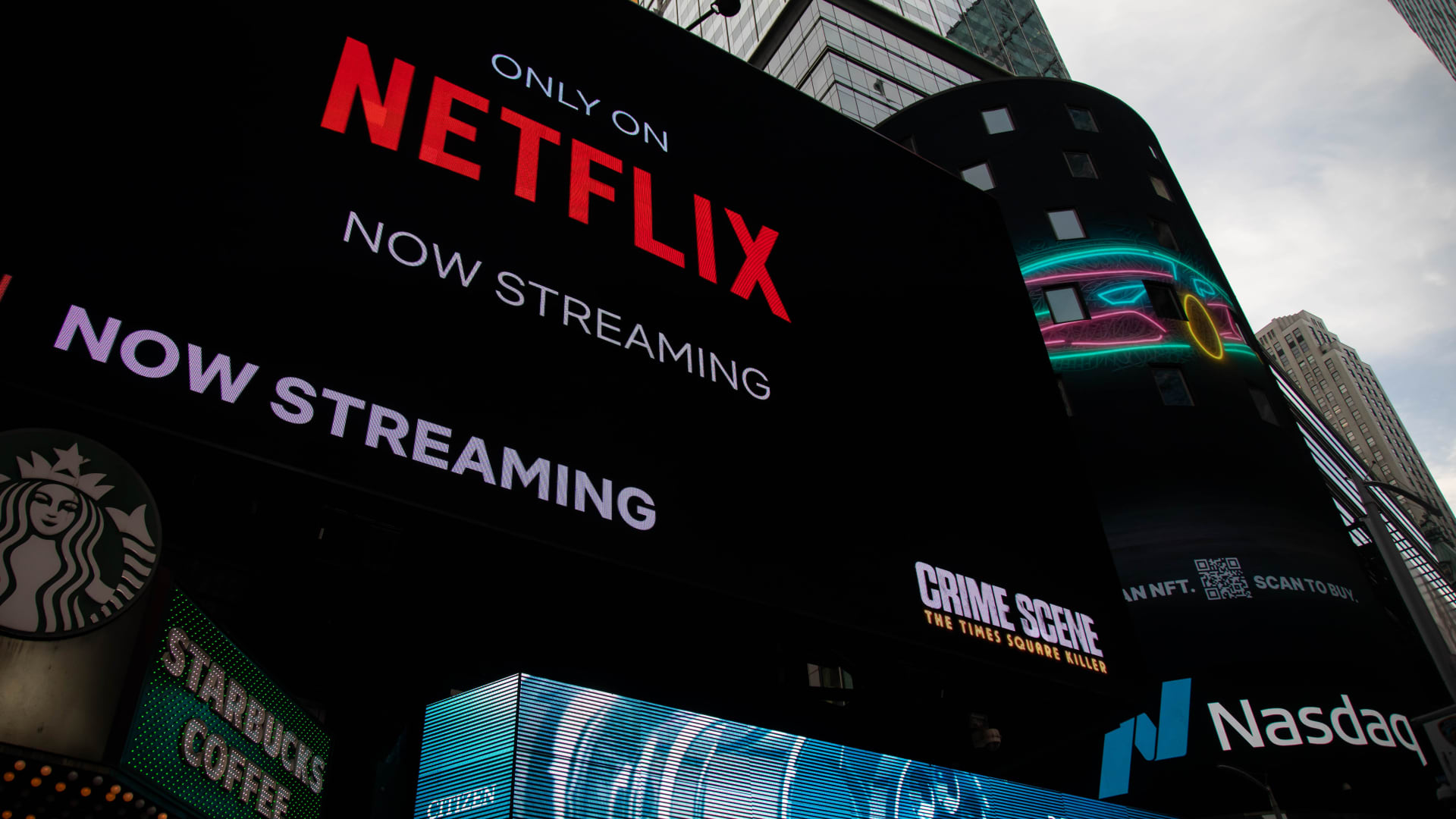Stocks cut losses, Nasdaq turns positive as market attempts comeback from sell-off
Stocks traded lower Thursday morning after the latest CPI data showed inflation is still running hot.

Stocks clawed back some losses from earlier in Thursday's session as traders tried to recover their footing following the recent market decline.
The Dow Jones Industrial Average traded 64 points, or 0.3%, after being down more than 350 points earlier in the session. The S&P 500 was last up 0.1% after falling as much as 1.1%. The Nasdaq Composite advanced 0.7% after being down 2.25% to start the day.
Those moves came a day after the S&P 500 closed at its lowest level since March 2021, and the Dow posted its fifth straight day of losses.
Thursday's rebound attempt was led by beaten-down names such as Lucid Group and Zoom Video, along with meme stocks such as GameStop and AMC. Shares of Lucid and Zoom popped 14.4% and 3.4%, respectively. GameStop and AMC, meanwhile, were up 25.6% and 18.2%, respectively. Rivian Automotive also soared 22% on Thursday after reporting it latest quarterly results.
It was unclear what was driving the gains in Lucid, Zoom, GameStop and AMC.
"Even if you say we're in a bear market, there's rallies within bear markets that can be very sharp," said Truist's Keith Lerner. "I think, at least short-term, and given how oversold we are and given that we're starting to see people nibble at some of these areas that have been the most beaten up, I think that's at least a silver lining in a sea of red and gloom over the last couple of days."
Shares of Big Tech names such as Amazon and Netflix gained 4.3% and 5.3%, respectively, while Tesla advanced 2.8%.
Meanwhile, Disney fell to a two-year low and were last down 0.6%. The media giant reported higher-than-expected streaming subscriber growth, but warned about the Covid impact on parks in Asia.
These moves came as traders pored over the latest U.S. inflation data.
Fresh producer price index data, which measures prices at the wholesale level, rose 11% year over year. That number fell from March but came in above expectations and did little to shake fears of rising inflation.
On Wednesday, the U.S. government posted the latest consumer price index reading, which showed an 8.3% year-over-year jump in April. That's higher than what economists expected and close to a 40-year-high of 8.5%. The report caused investors to continue to sell risky assets like tech stocks.
Even as the sell-off gains steam, Tom Lee of Fundstrat remains bullish on stocks. He said if the market finds its footing "we're in a world of double digit expected returns."
"This week is interesting because the stock market declines have accelerated downwards, so the waterfall is accelerating but things that normally would corroborate a waterfall decline like yields or the VIX have not been," Lee told CNBC's "Closing Bell: Overtime." "The bond market's actually been pretty stable even in the face of a hot CPI and the VIX actually has been falling."
He noted that of the 16 times since 1940 that the market has declined 16% in a four-month period, it was higher six months later in 12 of those events.
Thursday's moves came a day after the Dow fell more than 300 points, while the S&P 500 and Nasdaq also dropped sharply.

 Aliver
Aliver 
































